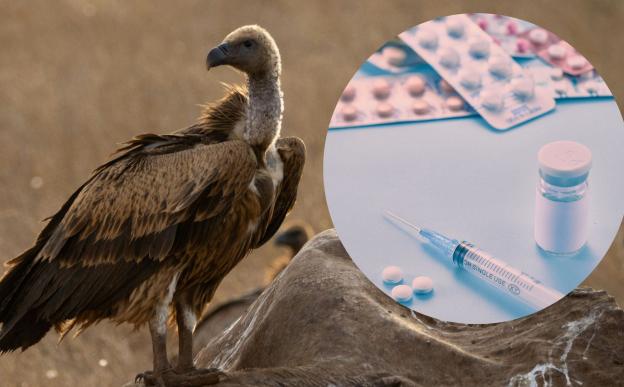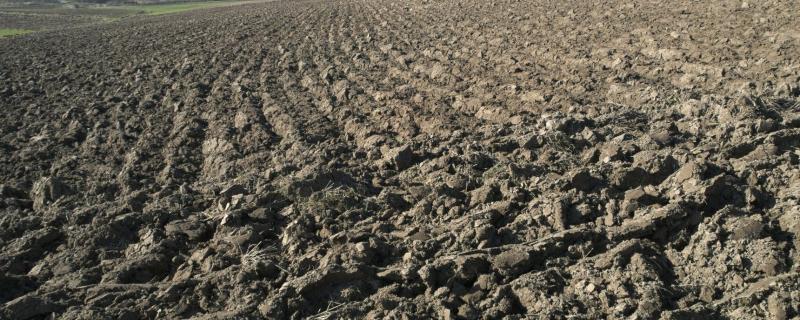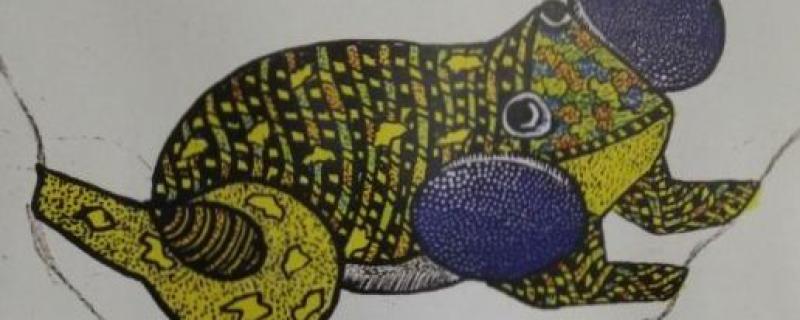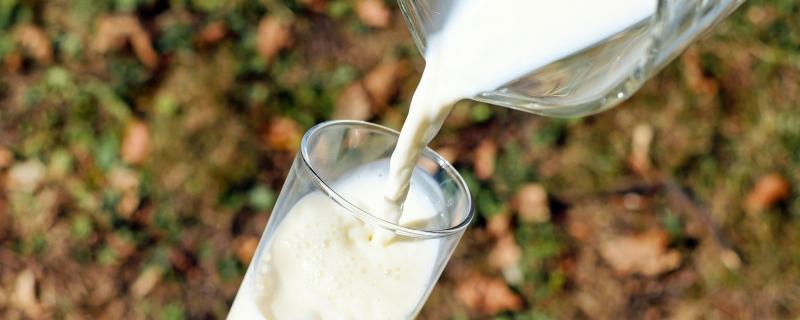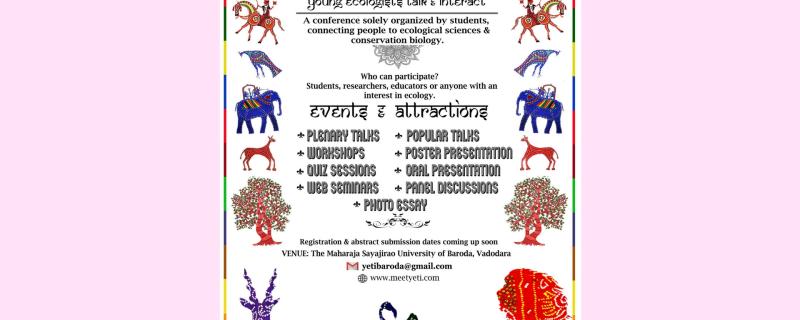Science in India is in interesting times. We have some of the best scientists producing world-class research working in a host of institutions within India that are largely public funded. A large scientific workforce complimented by a promising younger generation – that is often dubbed to be our demographic dividend.
Despite successful bans on the veterinary drug diclofenac in Nepal and parts of India, a decade-long undercover investigation reveals that toxic alternatives like flunixin and nimesulide are rapidly replacing it, posing a renewed existential threat to the region’s critically endangered vulture populations.
Mumbai/
